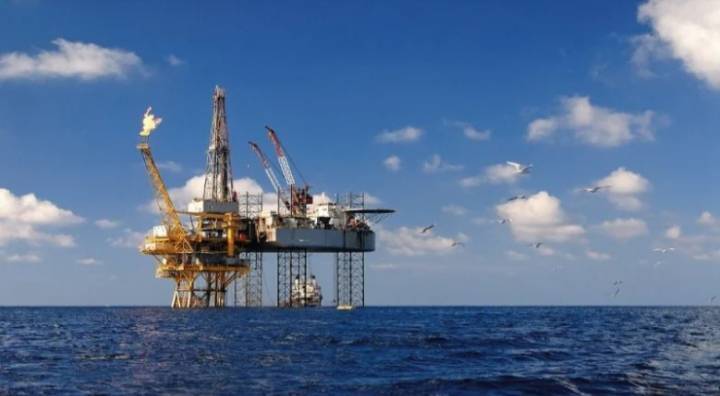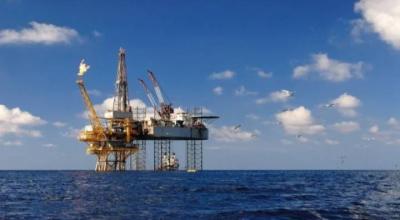Is Lebanon being placed on the path to resolve its political crisis, and subsequently, addressing its economic situation? There are indicators suggesting that the financial, political, and economic conditions are under examination by capitals and countries interested in the Lebanese file. Alongside these indicators, notable evidence includes the announcement of the signing of a partnership agreement for oil and gas exploration in Lebanese blocks, particularly blocks 4 and 9. The partnership agreement between Qatar Petroleum and the French and Italian companies, Total and Eni, has been concluded with shares distributed as follows: 30% for the Qatari company, while 35% each for the French and Italian companies.
### Qatari-American-Saudi Coordination
It is essential to consider the significance and implications of a Gulf state entering this sector in Lebanon, especially given that Lebanon had been disconnected from Gulf countries. This indicates a seriousness in approaches and will provide a positive boost on a moral level initially, and will later have positive repercussions on the political and economic situation. This context cannot overlook Qatar's good relations with all Gulf countries alongside its strong ties with the Western community. The Qatari initiative is not emerging in a vacuum but is highly coordinated with the Kingdom of Saudi Arabia and the United States.
### Conditions for Reform
Ever since the participation of the Emir of Qatar, Sheikh Tamim bin Hamad Al Thani, in the Economic Summit in Beirut in January 2019, Qatar's position has been clear in standing by Lebanon; however, the Lebanese must also stand by themselves. The evident Qatari solidarity does not exempt the Lebanese from the necessity of implementing the required reforms to encourage Gulf states to invest, which would invigorate the economic reality. Lebanese have long called on Qatar, as well as other Gulf states, for economic and investment assistance in various fields such as electricity production, oil and gas exploration, and subsequently to assist in extraction and export operations. The conditions for this were clear, focusing on achieving political and economic reforms, which is separate from the humanitarian aid provided over the past years, with Qatar being the first to offer assistance to the Lebanese army.
### Increasing Indicators
If these new indicators are placed in the broader context of the upcoming quadripartite meeting in Paris next month to discuss resolving the political crisis, reaching an agreement on electing a president, forming a harmonious government, and establishing a clear economic and reform plan, it can be concluded that international interest in Lebanon is progressing, and that efforts to find a solution to the crisis are increasing.
Alongside the partnership between Qatar Petroleum and Total in oil and gas exploration—which included French-Qatari consultations not far removed from discussing all political contexts of the situation in Lebanon—the Qatari-Saudi coordination has been more advanced. The Qatari-American coordination cannot be overlooked, amid information suggesting that this coordination will increase and continue in the coming days, especially prior to the quadripartite meeting. This coordination will delve into the details of the Lebanese file, as sources close to the Americans indicate that they focus on monitoring the Lebanese issue to reach a settlement, particularly as Washington seeks to finalize this settlement before the term of Lebanon's central bank governor, Riad Salamé, comes to an end, given that US attention is primarily on countering and combating the parallel economy that has arisen due to the crisis.
### Positive Qatari Role in Lebanon
There is a positive reliance on the quadripartite meeting and the Qatari movement, especially as several Lebanese officials believe that Qatar has not engaged in a specific political path or negotiations without achieving the required results based on the diplomatic role it plays. The Lebanese recall Qatar's experience in the Doha Agreement and how it succeeded in solidifying it and halting the security and military decline. They also cite its success in managing negotiations between the US administration and the Taliban, leading to the work it conducted in Afghanistan following the US withdrawal. These officials reference Qatar's negotiating power between Washington and Tehran, particularly regarding the nuclear file, noting that Qatar enjoys strong relations with various conflicting forces, enabling it to achieve breakthroughs and gain concessions. From this standpoint, the Lebanese positively rely on the Qatari role in coordination with the three capitals, interpreting the Qatari entry into the oil and gas consortium as a significant indicator that should lead to further developments in the future.




